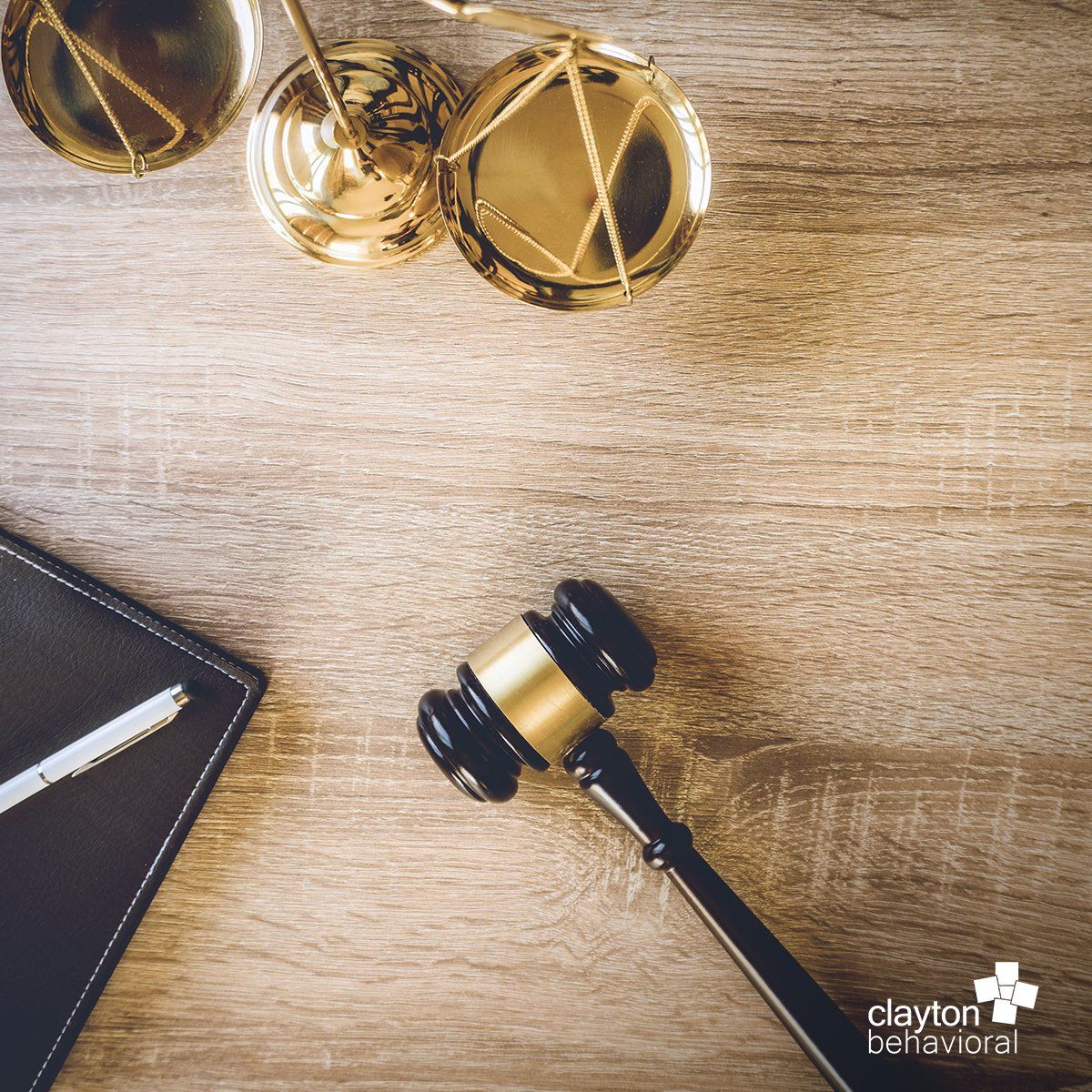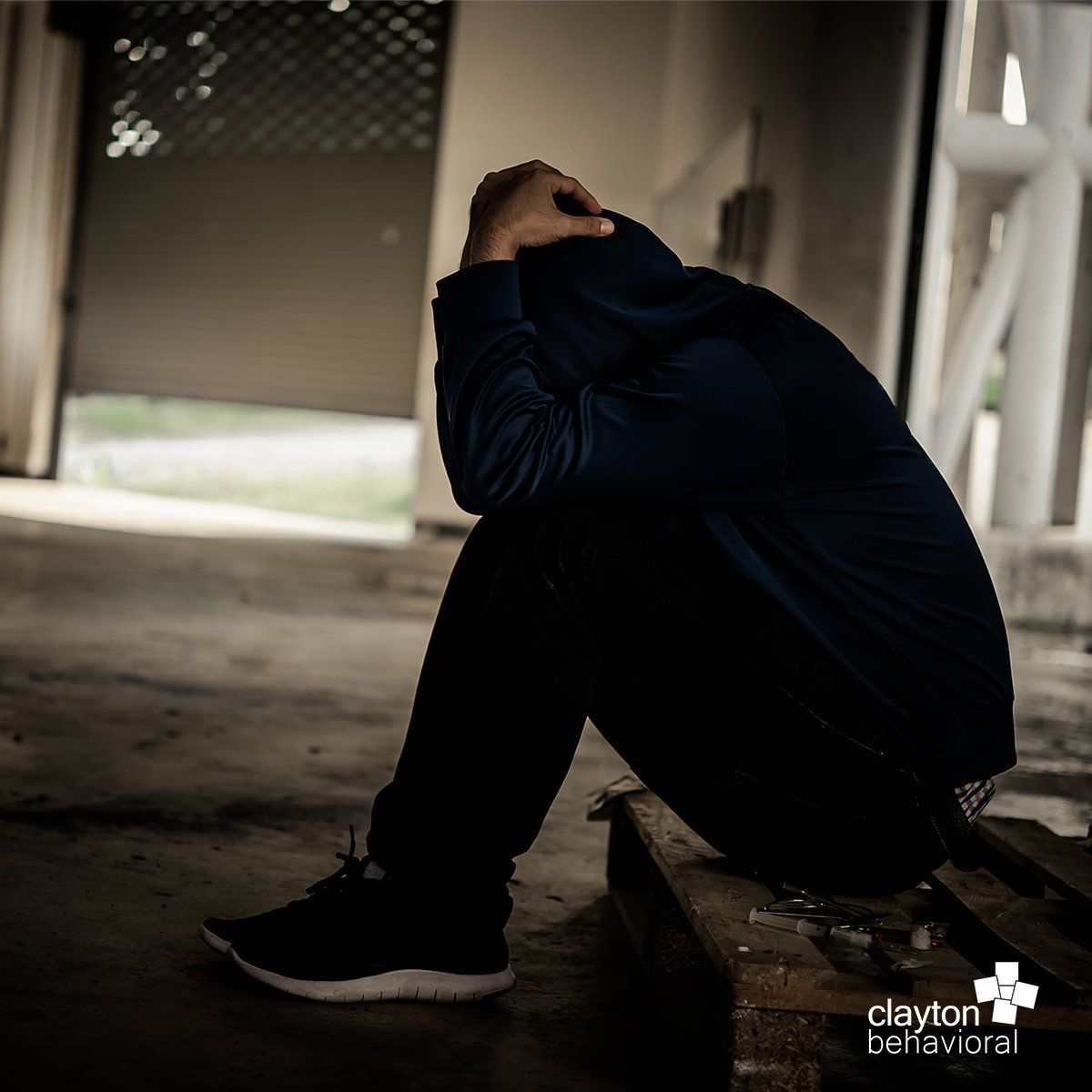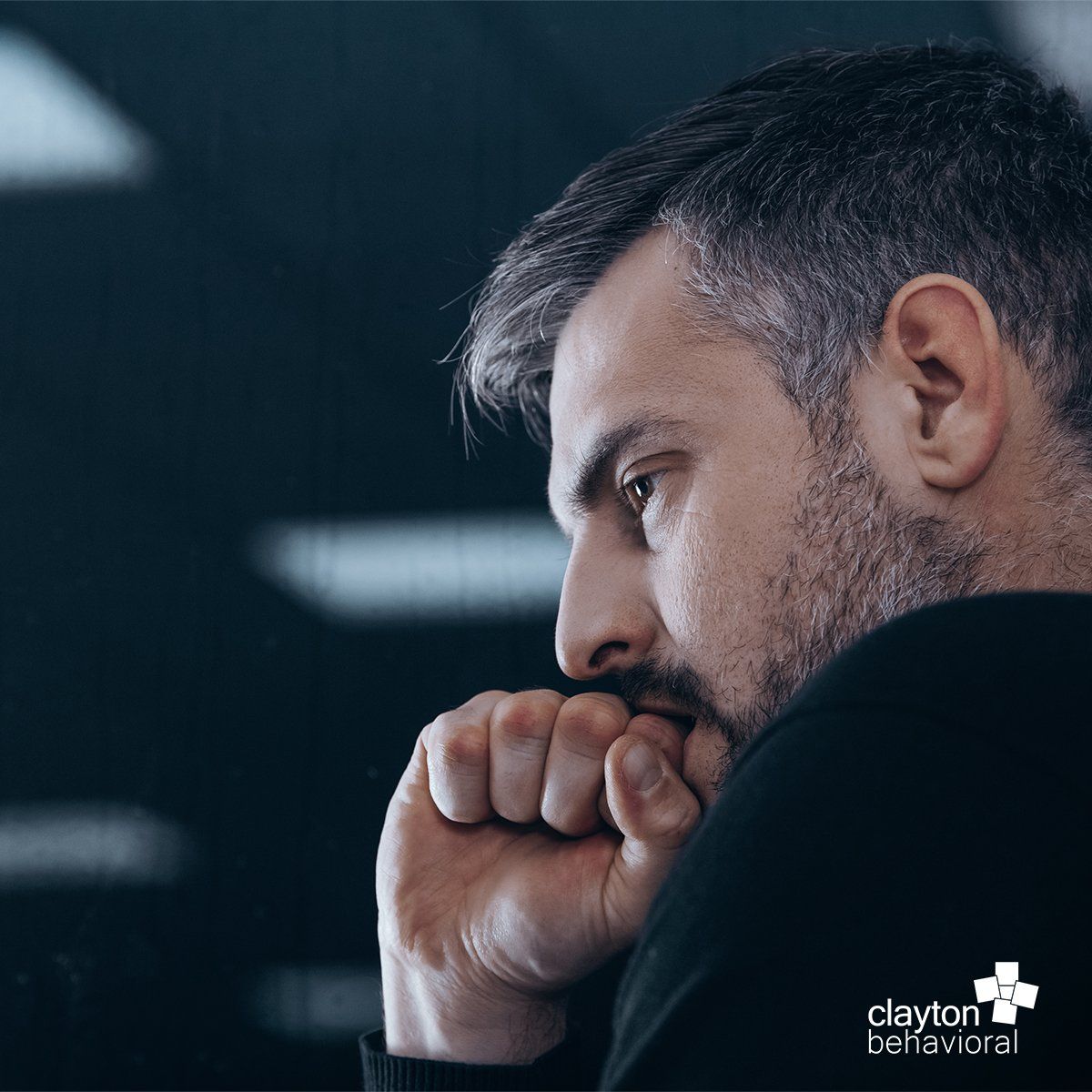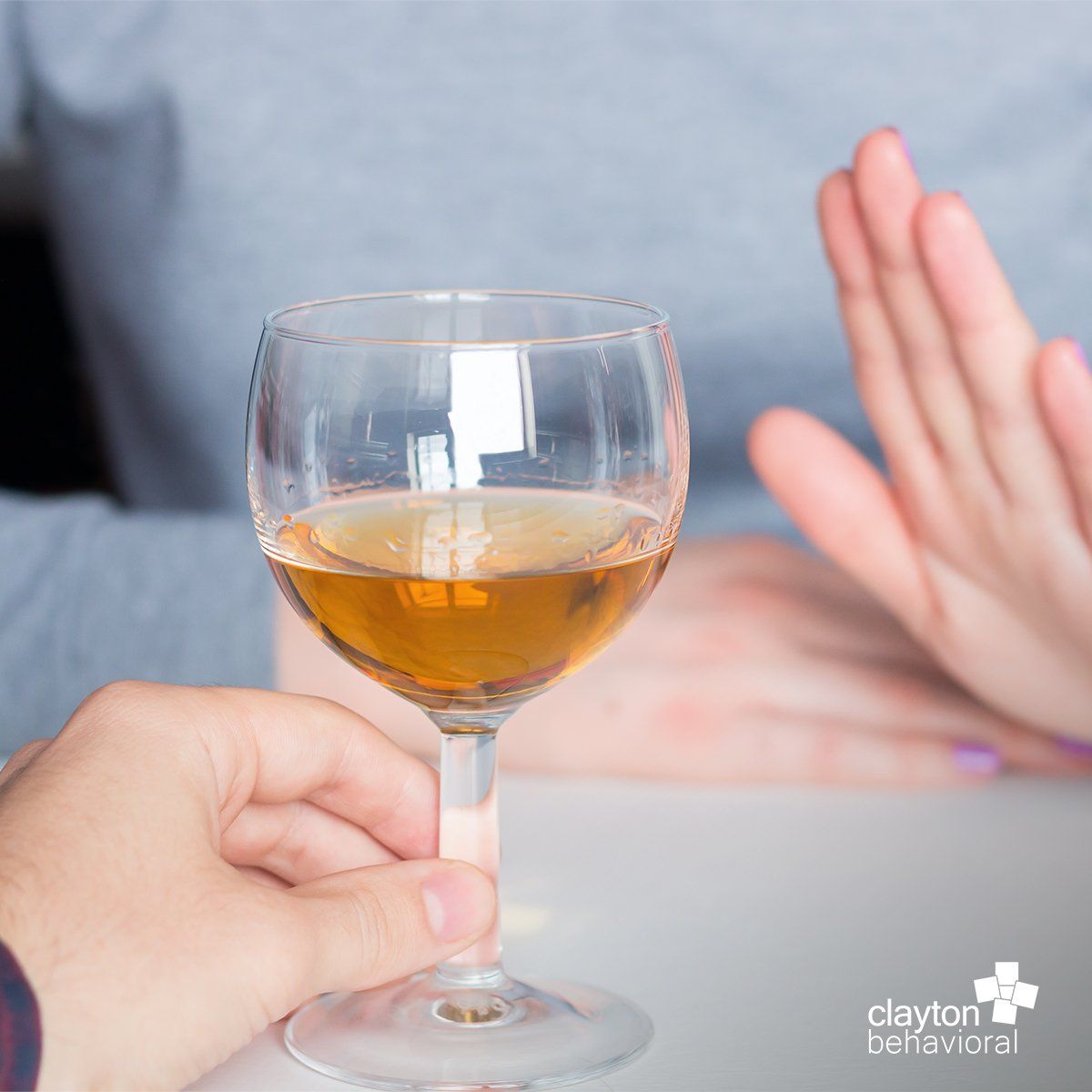The Connection Between Mental Health Disorders and Substance Use

It should come as no surprise that there is a strong connection between mental illness and substance use. According to the National Bureau of Economic Research , people who have been diagnosed with a mental illness at some point in life consume 69 percent of the nation’s alcohol and 84 percent of the nation’s cocaine.
But, just what are the factors that connect mental health disorders and substance use, and how do they influence each other? Let’s take a look.
Mental Health Disorders and Substance Use
Compared with the general population, people addicted to drugs are roughly twice as likely to have mood and anxiety disorders, and vice versa, according to the National Institute on Drug Abuse (NIDA). And, due to the fact that one problem will often influence the other, the Substance Abuse and Mental Health Services Administration reports that approximately 7.9 million adults in the U.S. live with co-occurring disorders.
According to reports published in the Journal of the American Medical Association :
- Roughly 50 percent of individuals with severe mental disorders are affected by substance use.
- 37 percent of alcohol users and 53 percent of drug users also have at least one serious mental illness.
- Of all people diagnosed as mentally ill, 29 percent misuse either alcohol or drugs.
Though depression is the most common disorder to occur with substance use, there are other mental health disorders that can affect substance use, as well. The types of mental health issues commonly seen in those with co-occurring disorders include:
- Anxiety
- Bipolar Disorder
- Depression
- Obsessive-Compulsive Disorder
- Panic Disorder
- Post-traumatic Stress Disorder (PTSD)
- Schizophrenia
The reasons a person may struggle with both a mental health disorder and substance use are not few and far between—especially since the trigger can differ from one person to another. However, there are certain factors that have been found to trigger both a mental disorder and substance use.
Mutual Triggers
Most people with alcohol or substance use and mental health disorders experience them independently, but when people suffer from both, it’s known as a Dual Diagnosis.
Though Dual Diagnosis can be a combination of any mental disorder (anxiety, depression, bipolar disorder) and addiction (drugs, alcohol, sex, gambling), Dual Diagnoses most often occur with depressive disorders. In fact, Current Opinion in Psychiatry reports that one in three adults who struggle with alcohol or drug use also suffers from depression.
Together, these conditions share certain triggers. Possible connections between substance use and mental health disorders include:
The Brain
Similar areas of the brain are affected by both substance use and depression. Both addiction and mental health disorders affect the same molecules, chemicals and pathways in the brain—specifically, the areas that deal with stress responses. According to Mental Health Daily , dopamine levels may be lower in individuals who have depression, which may be why some turn to addictive substances such as cocaine, which stimulates an increase in dopamine activity.
Genetics
According to research published in Disease Markers , your DNA can affect the likelihood of developing a mental disorder or addiction. The NIDA also notes that genetic factors can make it more likely that one condition will appear as a result of the other.
Environment
It’s no surprise that environmental and developmental factors can also have an impact. From something as simple as a stressful job to anything that may have affected your brain’s development—such as early drug use. But, the opposite can also be true: Early mental health problems often increase the chances of later substance use.
Though there are many factors to weigh—from the combination of the specific mental health disorder to the drug of choice—there are many treatment options available that can handle both mental health disorders and substance use.
Finding Treatment
To be effective, treatment must address both conditions. There are many types of therapy that can be effective in treating both substance use and mental health disorders, but it’s important to find a treatment center that is equipped to handle both—specifically, places that specialize in co-occurring disorders.
In addition to medication, there are also many different types of therapy available for people dealing with both substance use and a mental health disorder. For example, Cognitive Behavioral Therapy (CBT) is an approach to treatment that understands problems that we face in life from the context of thoughts and behaviors. In short, CBT focuses on identifying, understanding and changing thinking and behavior patterns. Additionally, treatment options may also include therapy or support groups to lessen the chance of relapse.
At Clayton Behavioral, we use medical and counseling approaches supported by research to treat addiction and co-occurring disorders. Call us today for a free confidential consultation 314-222-5830 or visit our website for more information.









